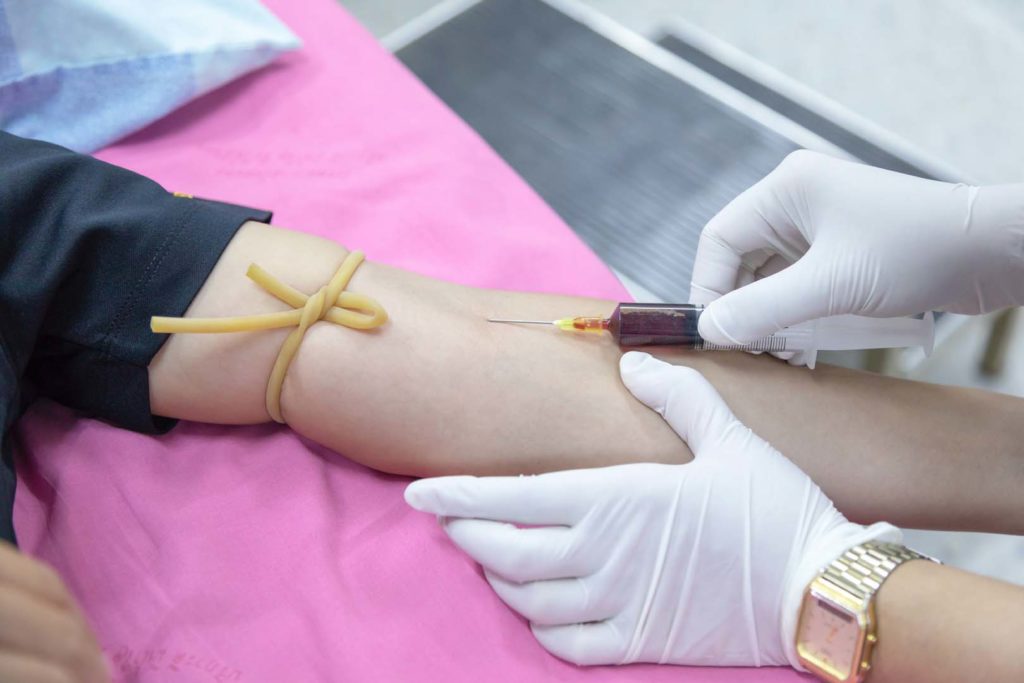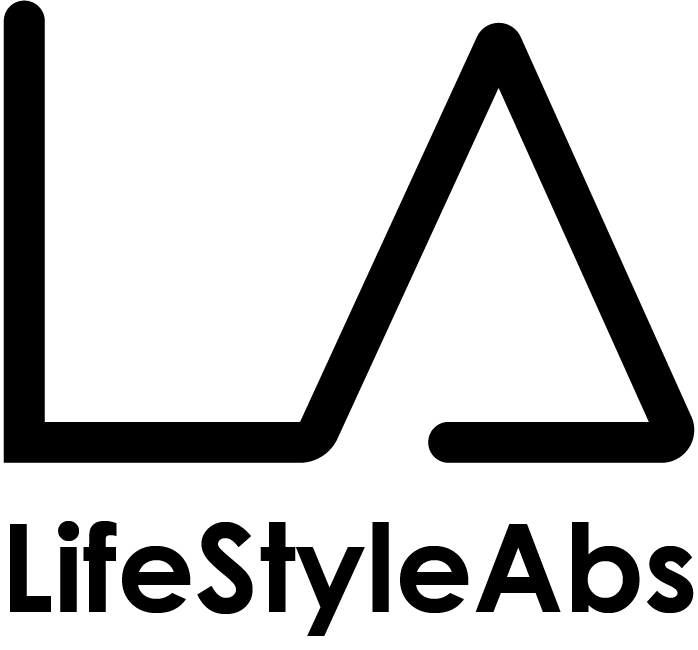Chloride is needed for proper fluid balance and stomach acid. The sources for chloride are table salt, and soy sauce, and there are also large amounts in unhealthy processed foods. Small amounts of chloride are found in milk, meat, breads, and vegetables. Chloride is one of the most important electrolytes in the blood. Chloride helps keep the amount of fluid inside and outside of the human cells in balance. It also helps maintain proper blood volume, blood pressure, and pH of the body fluids.

Low levels of chloride may indicate, heart failure, Lung diseases and Addison’s disease, a condition in which your body’s adrenal glands don’t produce enough of certain types of hormones. A chloride blood test is available, that measures the amount of chloride in your blood. Chloride is a type of electrolyte, and electrolytes are electrically charged minerals that help control the number of fluids and the balance of acids and bases in your body.
Chloride is often measured along with other electrolytes to diagnose or monitor conditions such as kidney disease, heart failure, liver disease, and high blood pressure. Please contact your family physician regarding the possibility of low chloride levels in your system.
Your physician can order an electrolyte panel, which is a routine blood test. An electrolyte panel is a test that measures chloride and other electrolytes in your body, such as potassium, sodium, and bicarbonate. You may also need a chloride blood test if you have symptoms of an acid or fluid imbalance, including:
- Vomiting over a long period of time
- Diarrhea
- Fatigue
- Weakness
- Dehydration
- Trouble breathing

A chloride test is simply done from a blood sample taken from a vein in your arm. A small amount of blood collected into a test tube or vial and it usually takes a few minutes.
There are many reasons why your chloride levels may not be in the normal range. High levels of chloride may indicate:
- Dehydration
- Kidney disease
- Acidosis, which is a condition in which you have too much acid in your blood causing nausea, vomiting, and fatigue.
- Alkalosis, which is a condition in which you have too much base in your blood, causing irritability, muscle twitching, and tingling in the fingers and toes.
©Copyright – Hector Sectzer





